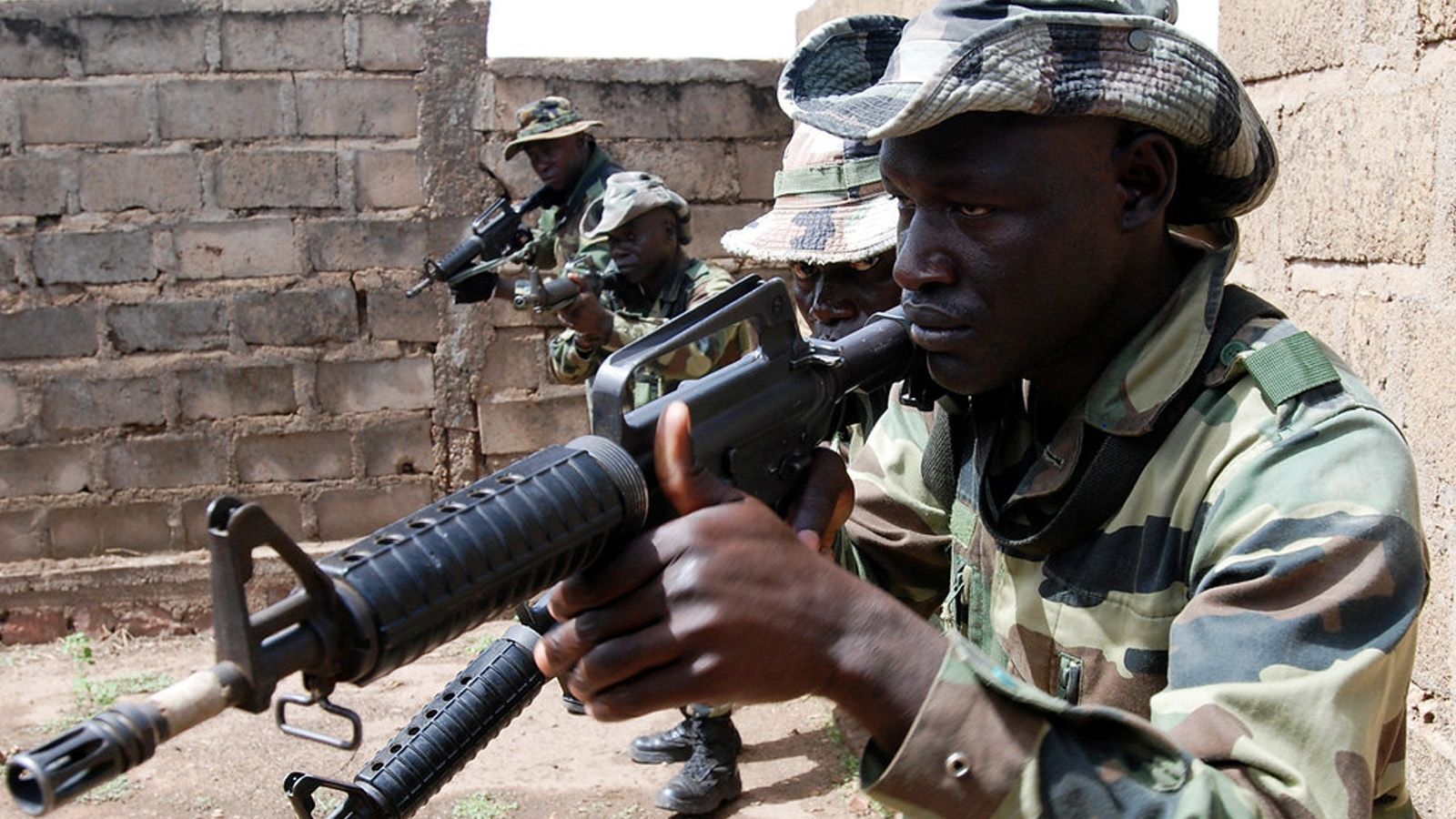
Al-Qaeda Militants Poised to Take Over Mali

Brink of Takeover
Al-Qaeda-affiliated militants tightened their stranglehold on Mali this week as the US evacuated personnel and urged Americans to leave immediately.
Context
Mali, a landlocked West African nation with 21M people, has battled an Islamist insurgency for over a decade. The militant group Jama'at Nusrat al-Islam wal-Muslimin (JNIM) was formed in 2017 when several al-Qaeda affiliates merged. The conflict had largely remained in Mali's northern and central regions, but militants were increasingly advancing toward the capital, Bamako. In early September, JNIM announced a fuel blockade and attacked convoys attempting to reach the capital.
Gaining Control
This week, al-Qaeda-backed militants moved closer to seizing control of Mali’s capital, Bamako. If they capture the capital, Mali could become the only country run by a group with direct ties to the terrorist organization.
The militants appeared to be following the Taliban's playbook from Afghanistan, where insurgents entered Kabul after the military effectively abandoned the capital. JNIM was building on its expanding control of Mali's countryside by taxing gold and narcotics trafficking. Malians who can leave are flying to neighboring countries like Senegal and Ivory Coast, while al-Qaeda blockades are preventing others from escaping by road.
Government Response
The Malian government suspended school and university classes nationwide for two weeks and shut down some power stations due to the JNIM-imposed fuel shortage.
Mali's military-led junta, which took power in coups in 2020 and 2021, had previously expelled French forces and hired Russian mercenaries from the Wagner Group, but neither succeeded in stopping the JNIM militants. Earlier this year, Russia sent additional fighters, but they were ambushed, allowing insurgents to seize more weapons.
US Evacuations
On Tuesday, the US embassy warned Americans to leave Mali immediately using commercial flights while the Bamako airport remained open. The embassy cited fuel disruptions, school closures, and ongoing armed conflict around the capital.
Last week, the State Department authorized the departure of non-emergency government personnel and family members from Mali. The US maintained a level 4 travel advisory for Mali, its highest warning level meaning "do not travel."



